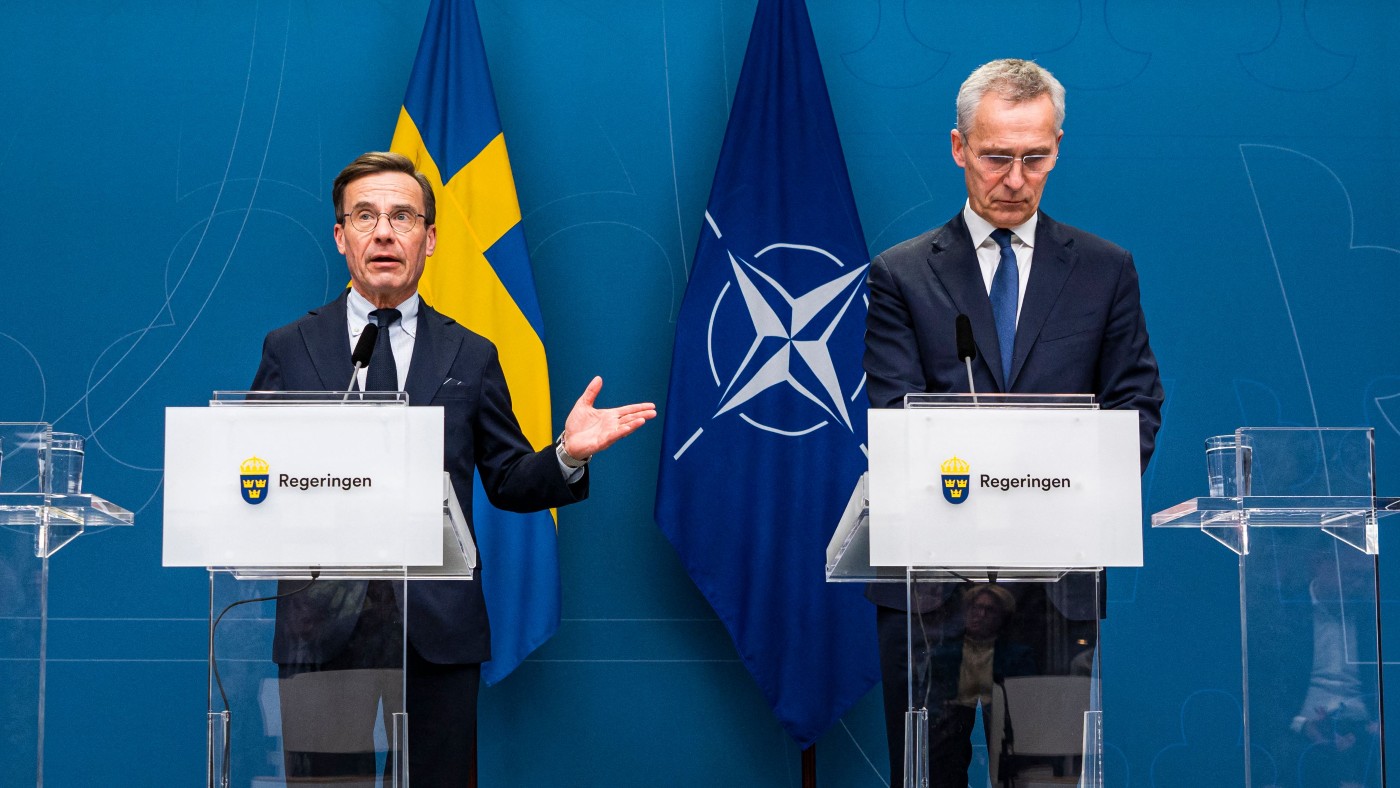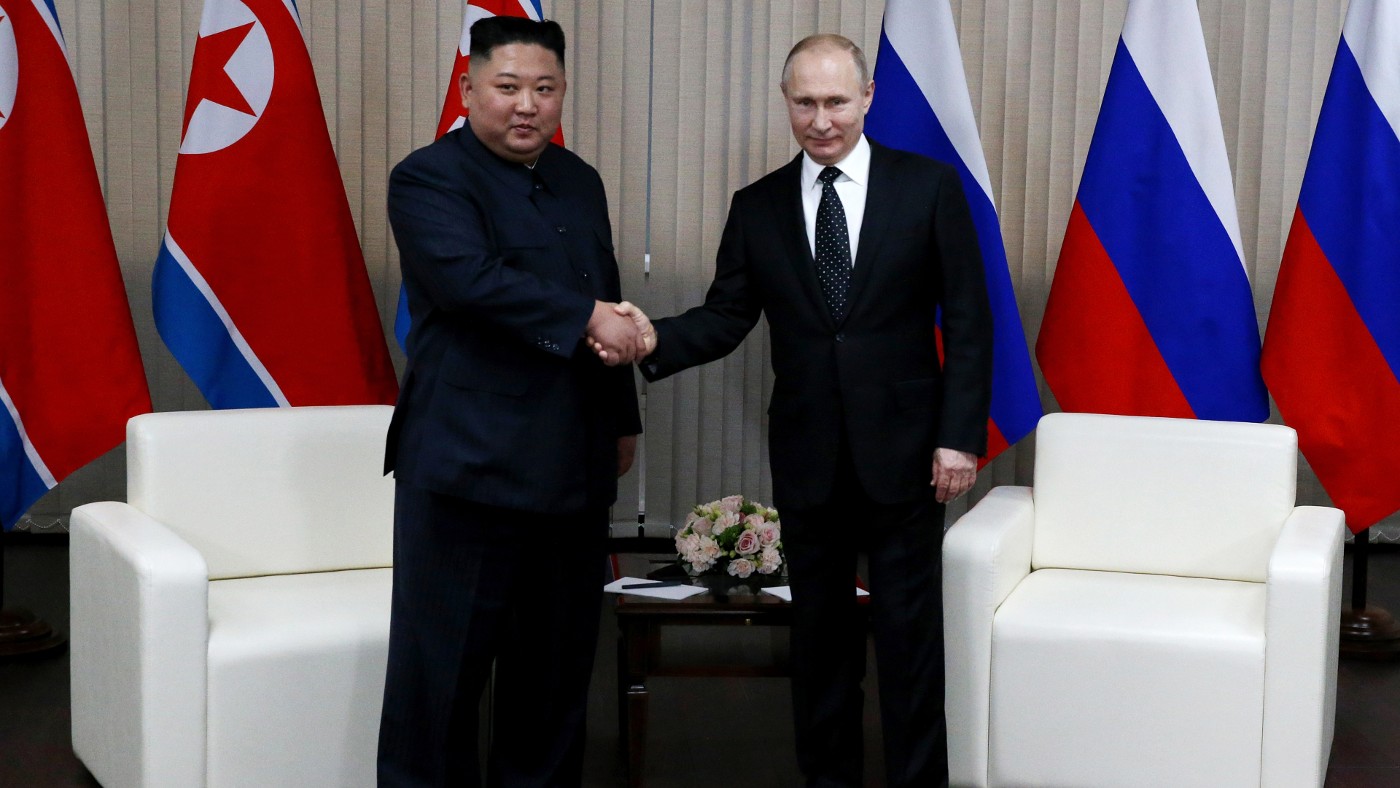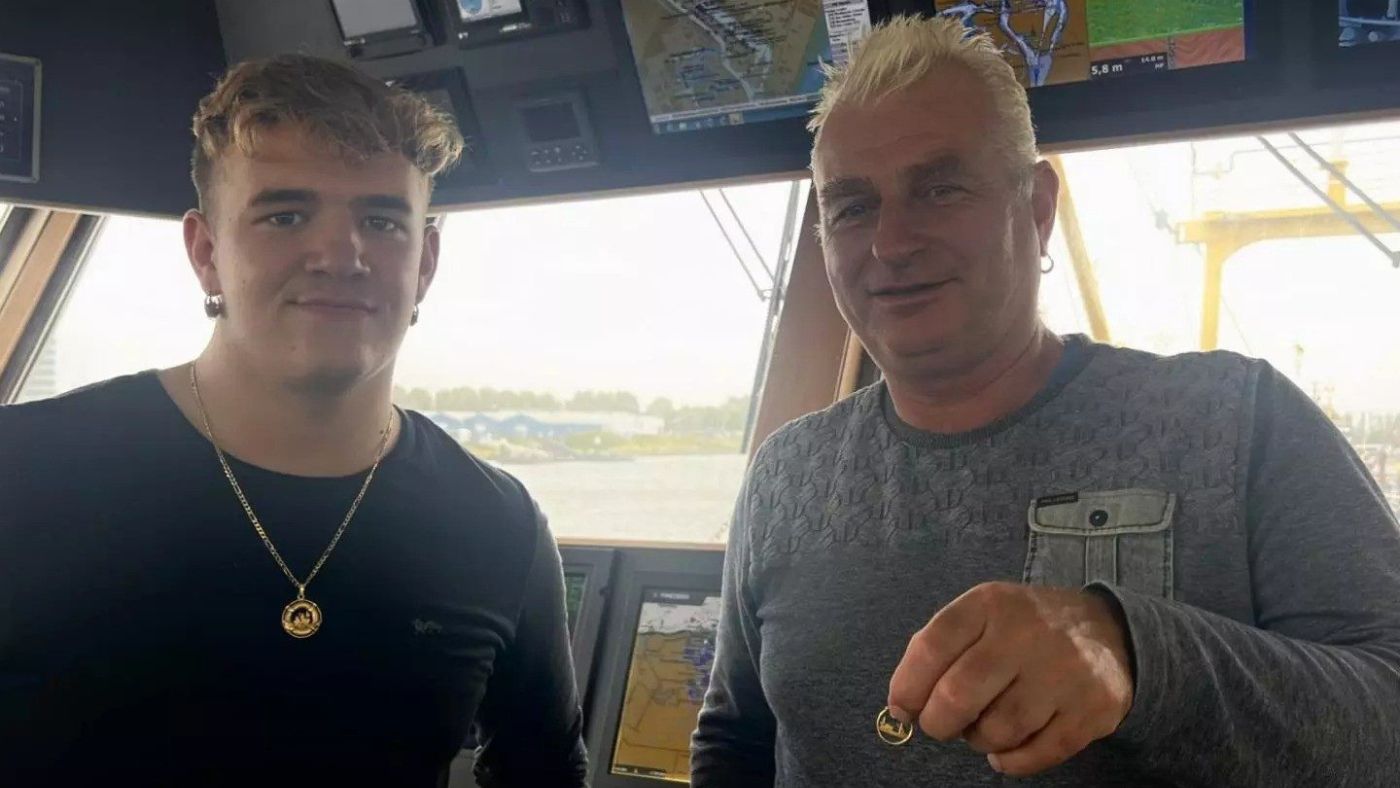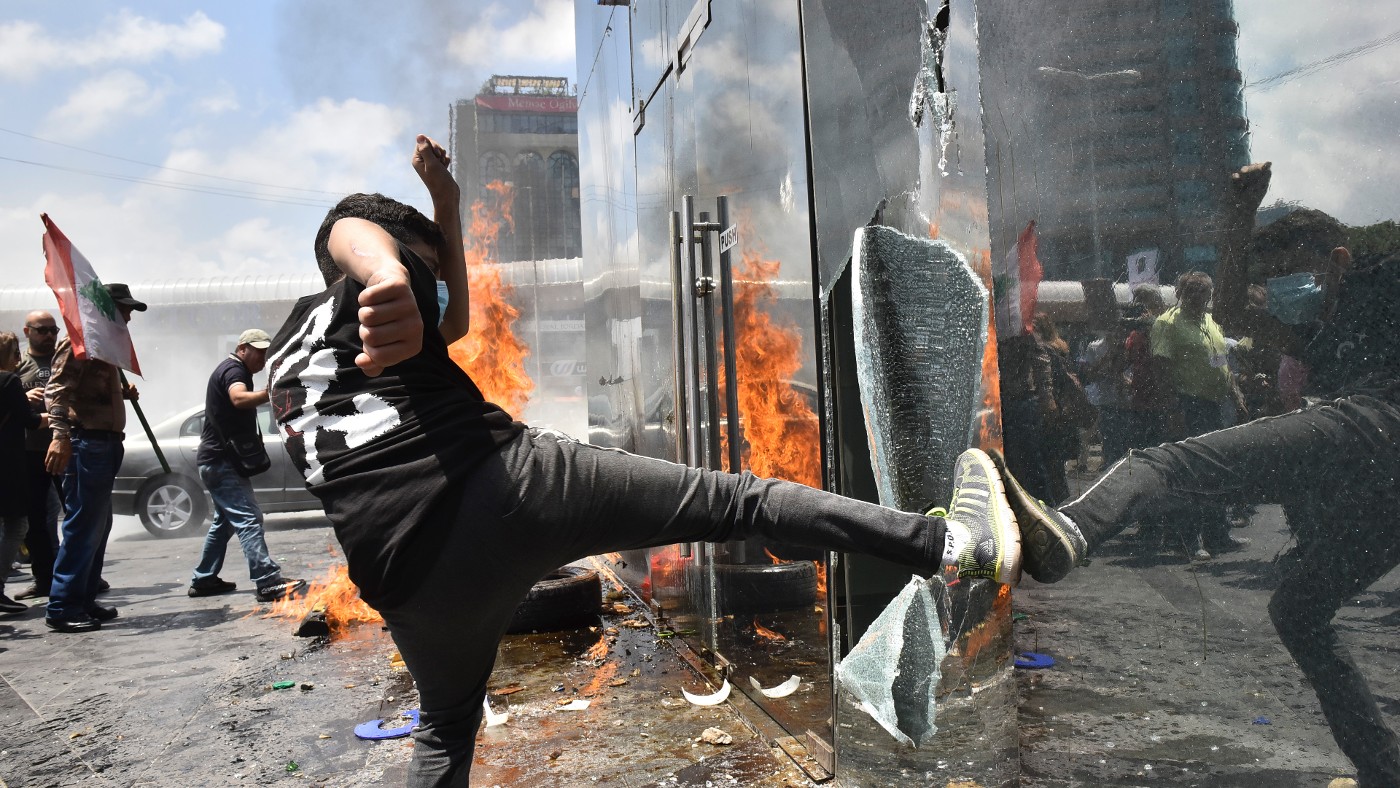Non-aligned no longer: Sweden embraces Nato
While Swedes believe it will make them safer Turkey’s grip over the alliance worries some

A free daily email with the biggest news stories of the day – and the best features from TheWeek.com
You are now subscribed
Your newsletter sign-up was successful
So there it is, said Erik Helmerson in Dagens Nyheter (Stockholm): “One hundred and fifty years of Swedish neutrality has been replaced by something new.” In a surprising – and very welcome – development last week, Turkey finally dropped its opposition to Sweden’s accession to Nato, so paving the way for it to join the 31-member military alliance.
But the deal involved making some troubling concessions, said Tomas Ramberg, also in DN. Stockholm has agreed to resume arms exports to Turkey and to “distance itself” from Kurdish organisations. Before the new tilt to Turkey, deputy PM Ebba Busch, the Christian Democrats leader, had declared that in the name of freedom of expression “it should be possible to burn both the Bible and the Koran in all areas of Sweden”. Yet the government has now come out hard against Koran burnings, condemning them as “Islamophobic acts”. It is appalling, said Göran Greider in the same paper. Nato has effectively allowed a less democratic country, Turkey, to decide whether a more democratic country, Sweden, should be allowed to become a member. “What the hell kind of organisation is that?”
‘Nightmare for the Kremlin’
Yet one thing’s for sure, said Gianluca Di Feo in la Repubblica (Rome): this news is a “nightmare for the Kremlin”. It means almost the entire Baltic Sea will be surrounded by Nato countries. And it will massively bolster Nato’s military capabilities. Yes, Sweden’s army is relatively small, but it’s extraordinarily well equipped. It has 120 Leopard 2 tanks and 500 CV90 combat vehicles. Its air force includes nearly 100 state-of-the-art Gripen JAS 39 fighter jets. Its navy comes with “three Gotland submarines and seven frigates, five with a ‘stealth’ design”.
The Week
Escape your echo chamber. Get the facts behind the news, plus analysis from multiple perspectives.

Sign up for The Week's Free Newsletters
From our morning news briefing to a weekly Good News Newsletter, get the best of The Week delivered directly to your inbox.
From our morning news briefing to a weekly Good News Newsletter, get the best of The Week delivered directly to your inbox.
All of which means Nato can now effectively deny Russia’s navy use of Baltic waters. That’s not all, said James Stavridis on Bloomberg (New York). Sweden and Finland’s accession (the latter joined in April) – gives Nato far more scope to operate freely in the Arctic, where melting ice is unlocking new shipping routes and oil and gas reserves. It should capitalise on this opportunity while Russia’s attentions lie elsewhere.
‘Erdogan to challenge Western dominance’
It’s hard to predict how Moscow will react to all this, said Robyn Dixon in The Washington Post. But in Russia right now there’s a strong sense of betrayal. Turkey’s President Erdogan had previously been Putin’s loyal ally, as keen to “challenge Western dominance” as the Russian. Yet in a bid to tackle Turkey’s economic crisis, Erdogan is now pivoting to a “closer, more cooperative relationship with Western leaders”: he even warmly welcomed Ukraine’s President Zelensky to Istanbul this month. It’s this apparent change of tack, as much as Turkey’s about-turn on Sweden’s Nato accession, that is causing anxiety in the Kremlin.
And it is making us a safer country, said Erik Helmerson. Henceforth when Putin threatens Sweden, “he no longer threatens a small nation with ten million inhabitants”, but the world’s “strongest military power”. Forgive me if I don’t “uncork the champagne”, said Anders Lindberg in Aftonbladet (Stockholm). Sweden was quite content with its neutral status before Putin’s war began. That it’s had to abandon that tradition is a tragic sign of the uncertain times we live in.
A free daily email with the biggest news stories of the day – and the best features from TheWeek.com
-
 How to Get to Heaven from Belfast: a ‘highly entertaining ride’
How to Get to Heaven from Belfast: a ‘highly entertaining ride’The Week Recommends Mystery-comedy from the creator of Derry Girls should be ‘your new binge-watch’
-
 The 8 best TV shows of the 1960s
The 8 best TV shows of the 1960sThe standout shows of this decade take viewers from outer space to the Wild West
-
 Microdramas are booming
Microdramas are boomingUnder the radar Scroll to watch a whole movie
-
 Luton Airport bendy buses join Ukraine war effort
Luton Airport bendy buses join Ukraine war effortfeature And other stories from the stranger side of life
-
 Would North Korean weapons tilt the war Russia’s way?
Would North Korean weapons tilt the war Russia’s way?Today's Big Question Putin wants to boost ‘depleted stocks’ but Pyongyang’s arms may be in poor condition
-
 Earring lost at sea returned to fisherman after 23 years
Earring lost at sea returned to fisherman after 23 yearsfeature Good news stories from the past seven days
-
 Bully XL dogs: should they be banned?
Bully XL dogs: should they be banned?Talking Point Goverment under pressure to prohibit breed blamed for series of fatal attacks
-
 The spiralling global rice crisis
The spiralling global rice crisisfeature India’s decision to ban exports is starting to have a domino effect around the world
-
 Netanyahu’s reforms: an existential threat to Israel?
Netanyahu’s reforms: an existential threat to Israel?feature The nation is divided over controversial move depriving Israel’s supreme court of the right to override government decisions
-
 A country still in crisis: Lebanon three years on from Beirut blast
A country still in crisis: Lebanon three years on from Beirut blastfeature Political, economic and criminal dramas are causing a damaging stalemate in the Middle East nation
-
 Farmer plants 1.2m sunflowers as present for his wife
Farmer plants 1.2m sunflowers as present for his wifefeature Good news stories from the past seven days